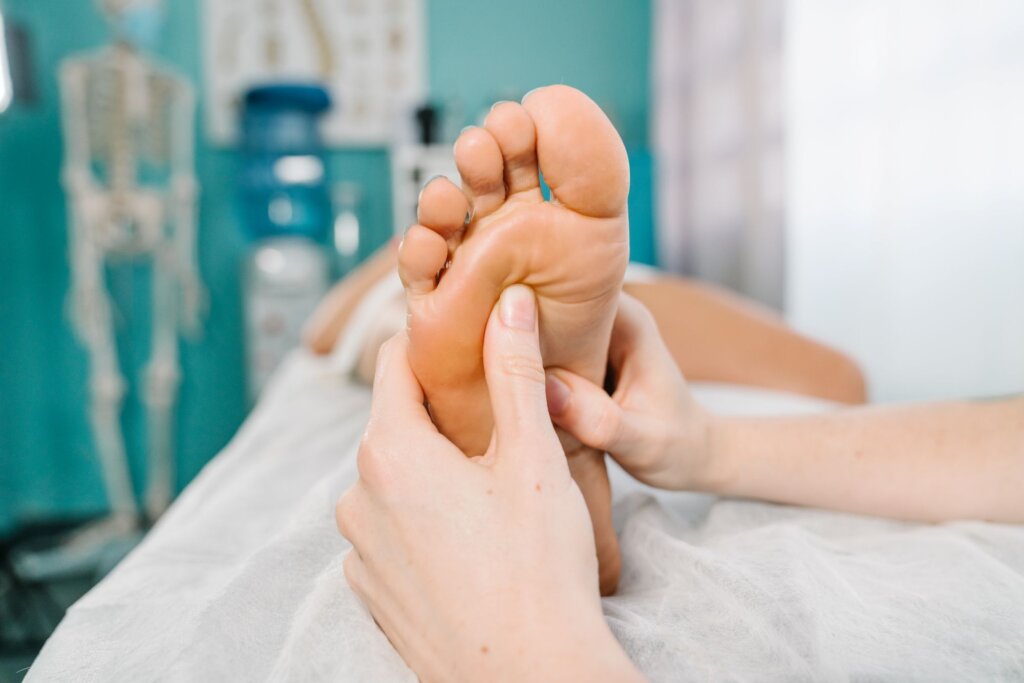Have you ever noticed that your footprint has little to no impression in the middle? That might mean you have a high arch (pes cavus). While not necessarily a problem in itself, high arches can lead to discomfort and certain foot issues if not addressed.
Let’s take a closer look at what it means to have high arches, how they affect your feet, and what you can do to support them properly.

What Is a High Arch?
A high arch means that the arch of your foot is more raised than average. This shifts your weight to the heel and ball of your foot when you walk or stand. While some people naturally have high arches with no symptoms, others may experience pain, instability, or alignment problems as a result.
Common Signs of High Arches
Here are some signs you might have high arches:
- Foot pain, especially in the heel or ball of the foot
- Frequent ankle sprains due to poor balance
- Pain in the arch of your foot
- Calluses on the ball or outside edge of your foot
- Hammertoes or claw toes
- Tight calf muscles
- Pain when standing or walking for long periods
Some people with high arches also experience knee, hip, or lower back pain, due to the misalignment high arches can cause throughout the body.
What Causes High Arches?
High arches can be inherited or progress later in life. In some cases, they’re linked to muscle imbalances, injuries, or neuromuscular disorders. However, for most people, they are simply a structural variation of the foot.
How to Care for High Arches
Proper foot support is key for people with high arches.
- Choose the right footwear: Look for shoes with good arch support, cushioning, and a roomy toe box. Avoid flat shoes with minimal structure.
- Use orthotic inserts: Custom or over-the-counter insoles can help distribute pressure more evenly.
- Stretch and strengthen: Focus on exercises that improve calf and foot flexibility, as well as balance.
- Consider physical therapy: A physical therapist can provide exercises and recommendations specific to your gait and foot shape.
- Visit a podiatrist: If pain persists, a foot care specialist can help you determine the best plan of care.
Your Feet Deserve Support
A high arch doesn’t have to mean discomfort. If you’ve been struggling with foot pain or suspect you need more support, don’t hesitate to reach out to a local foot health expert.